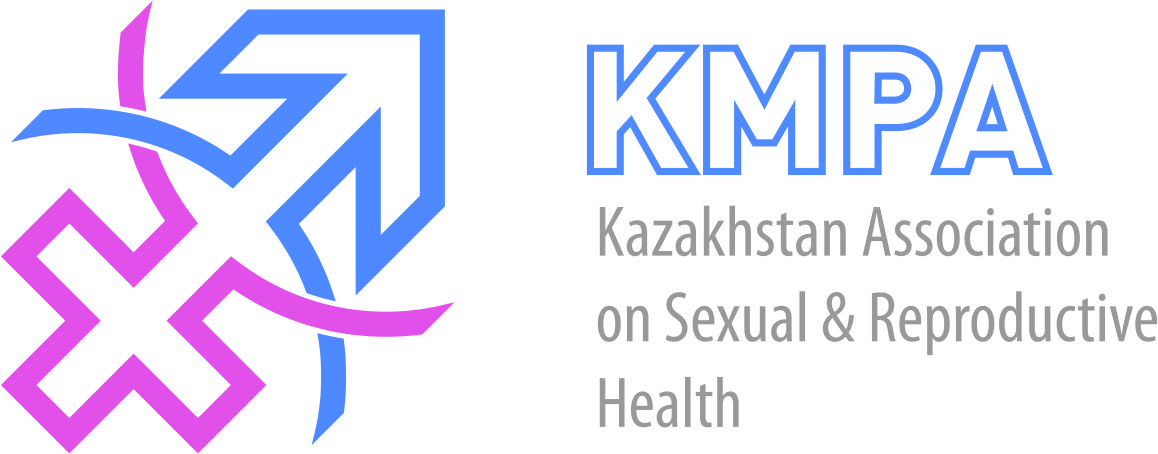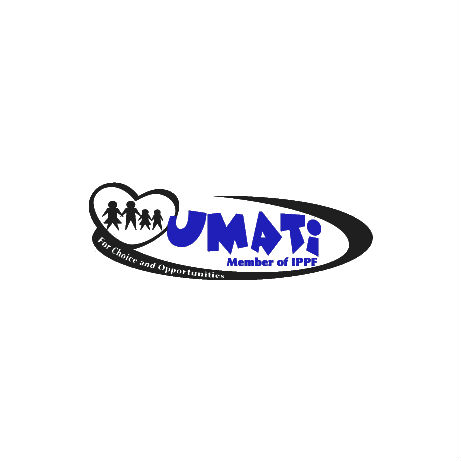

| 31 March 2016
Kazakhstan Association on Sexual and Reproductive Health (KMPA)
The Kazakhstan Association for Sexual and Reproductive Health (KMPA) was established in 1996. In 2002 KMPA became a full Member Association of IPPF. The organization currently has 9 branches and 4 regional offices in Almaty, Kostanay, Shymkent and Nur-Sultan. In total, there are 13 branches of KMPA. The organization’s activity is based on protecting the right of youth, men, and women to quality medical services and information in the field of sexual and reproductive health (SRH). KMPA conducts training of youth to prevent underage pregnancy, sexual and gender-based violence (SGBV), and the spread of sexually transmitted infections (STIs), including HIV. In addition, KMPA implements projects on family planning and promoting contraceptive methods to prevent unintended pregnancies. KMPA focuses on the following goals: (1) advocacy of sexual and reproductive rights; (2) elimination of unsafe abortion; (3) promoting condom use to prevent HIV/AIDS and decreasing stigma against people living with HIV/AIDS; (4) educating youth and teenagers on sexual and reproductive health and rights (SRHR) to allow choice and safe relations; (5) advocating for access to SRH services; (6) training healthcare professionals on family planning, contraception, safe abortion, antenatal care and consultation skills; and (7) training of teachers on SRHR, CSE, prevention of SGBV and promoting gender equality. KMPA seeks to improve the reproductive health of the population of Kazakhstan, especially the socially vulnerable, the poor, and young people, by protecting the basic reproductive rights of women, men, and young people, ensuring free and informed choices regarding SRH, providing comprehensive sexual education and high-quality information, and promoting access to SRH services. KMPA bases its activities on the principles of gender equality, freedom of decision-making and voluntary participation.

| 31 March 2016
Uzazi na Malezi Bora Tanzania
Chama cha Uzazi na Malezi Bora Tanzania (UMATI) is an autonomous, non-political national NGO providing Sexual and Reproductive Health and Rights (SRHR) information, education, and services in Tanzania. It was established in 1959 and became a full IPPF Member Association in 1973. Since then, it has developed a comprehensive range of sexual and reproductive health (SRH) services for Tanzanian young people. UMATI invests in the provision of gender responsiveness SRH services youth and women empowerment, and evidence-based advocacy through result-based projects implemented in 20 regions in Tanzania Mainland, and Zanzibar. UMATI recognizes that AGYW and ABYM experience different health needs and risks especially those related to HIV, STIs, and sexual gender-based violence. UMATI’s SRH programmes are developed based on the unmet need and government priorities and its SRH and FP service delivery has always been targeting the hard-to-reach communities, socially excluded and under-served people especially women, girls, and young people, and the key population. UMATI empowers adolescents and young people (10-24) to realize and demand their SRHR for effective utilization of the services. The Association, through the Comprehensive Sexuality Education (CSE) approach, reaches young people with knowledge, skills, and Social Behaviour Change Communication (SBCC) messages to freely access services at UMATI clinics, youth centers, and selected government facilities. Different approaches are used to reach adolescents and youth such as peer education sessions, IEC/BCC Materials, debate, health talk/dialogues, folk media, social media, radio, TV, e-sessions, community forum/dialogues, community meetings, and SRH service outreaches. UMATI collaborates with the Ministry of Health and Local Government Authorities to provide SRH services through 943 service points which include its own 5 permanent clinics and seven youth centers and support 391 community-based distributors/community-based services (CBDs/CBSs). UMATI’s SRH programmes are effectively maintained and delivered by 76 committed staff, 340 peer educators and a youth action movement membership of 400 activists. UMATI receives funding support for its programmes from donors and partners such as Youth Incentives, Pathfinder International, PLAN International, UKAIDS, She Decides, UNICEF, UNFPA, Bills & Melinda Gates Foundation, Health Action International, SIMAVI, BERGSTROM Foundation, ZENSHO, and ActionAid Tanzania.







